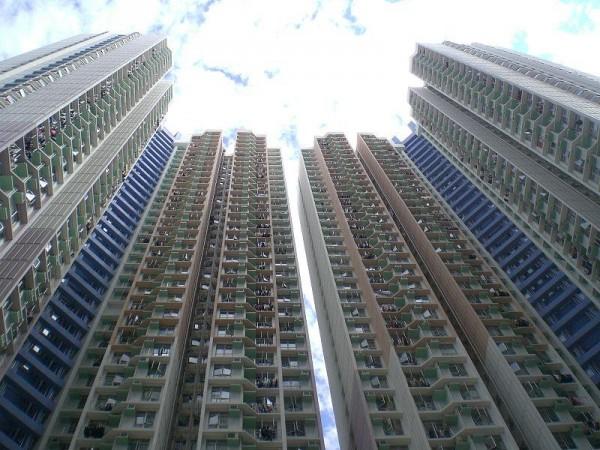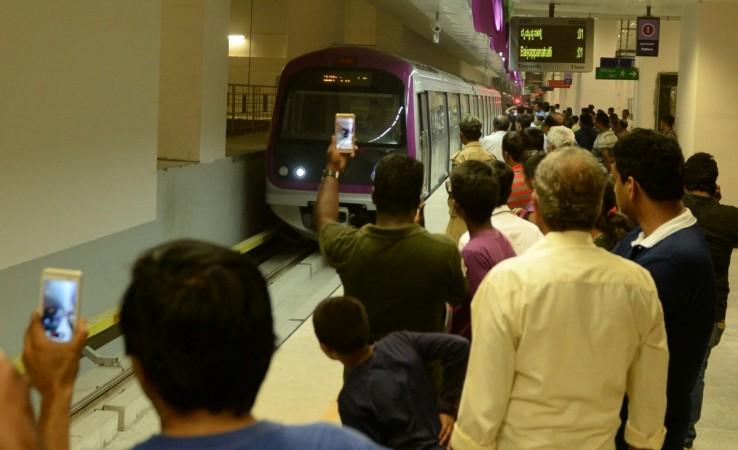The high rental rates in Bengaluru have become a significant challenge for software professionals who have already experienced salary reductions and the fear of losing their jobs.
As companies gradually shift back to mandatory office attendance, techies from all over the country are returning to Bengaluru and settling in.
Rental prices for flats, independent houses, and residential accommodations in Bengaluru, particularly those located near IT parks, have nearly doubled. Early-career techies, especially, are struggling to afford these exorbitant rates and are contemplating moving to more distant areas with affordable rents and good connectivity to their workplaces.

Bachelor techies are choosing to share living spaces or PGs, but married individuals are finding it difficult, according to industry sources. Even home sales have peaked in the city as construction saw virtual stagnation during the Covid period.
According to the Magicbricks Property Index Report from January to March, the residential demand (searches) in Bengaluru increased by 10.3% QoQ, making it one of the top 3 preferred metros in India.
Listings decline
During the same time, residential supply (active listings) saw a marginal decline of 1.1% QoQ, resulting in a 2.5% increase in the average property rates due to a demand-supply mismatch.
The average rates of ready-to-move and under-construction properties increased by 2.5% and 2% QoQ, respectively. The report also noted that Bengaluru had the second-highest increase in residential demand (10.3% QoQ). Sarjapur Road was identified as the most popular residential area in Bengaluru.

The report also revealed that 3BHK configurations had the highest demand, accounting for 48% of the total residential demand during the quarter, followed by 2BHK configurations, which accounted for 38% of the demand.
Sudhir Pai, CEO of Magicbricks, commented on the trends, expressing optimism about the growth trajectory for residential demand in the coming quarters, citing several multilateral agencies' projections that the Indian economy will grow by 6-7% in FY23 despite the global slowdown.
(With inputsfrom IANS)

















